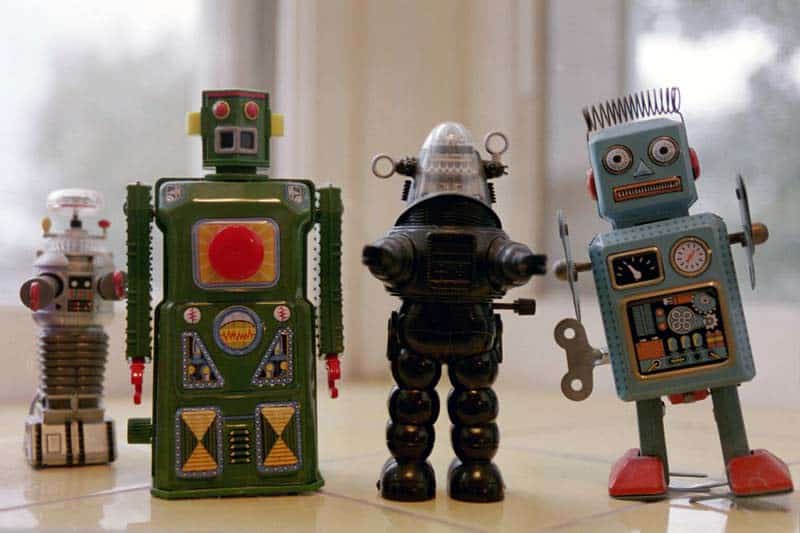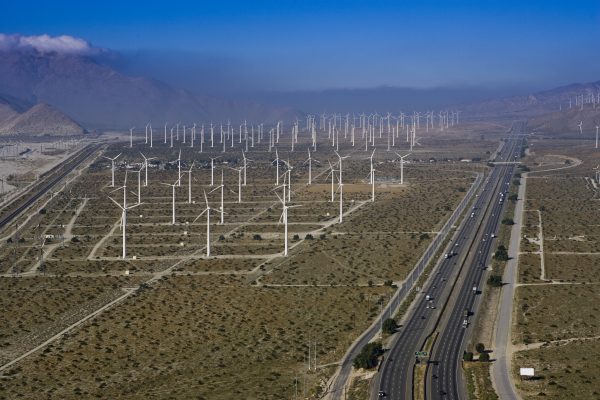Daron Acemoglu urges us to take the threat of automation very seriously, as both an economic and a political challenge.
On the economic front this might sound familiar, but until fairly recently many in the economics profession would have dismissed this view as misguided and alarmist. Indeed, before the turn of the century, the most widely used model of the labor market implied that technological progress could not possibly make workers worse off (though some might benefit less than others). Acemoglu rightly recognizes that AI is not suddenly going to make all humans redundant, even though it will likely make some humans redundant. And in my view, this fact is rooted in the imbalances that are already unfolding. Automation, Acemoglu writes, has acted as “the handmaiden of inequality.” I would go further. The labor market is the main mechanism we use to share out income in society. Growing economic inequality reflects the existing problems with this arrangement: some workers get far more than others. Technological unemployment is simply a more extreme version of that same story—when some receive nothing at all.
Yet the challenges posed by AI, as Acemoglu argues, are not simply economic: they are also political. Acemoglu focuses on the threats to democracy and liberty. Again, I would go further. Politics is not simply about the hustle of politicians and the decision-making of the state. Nor is it simply about our freedoms (or lack thereof). It is also about social justice. This omission matters because many of the most troubling technological developments sit in this domain of our political lives: the online passport system in New Zealand that rejected the photograph of an Asian man because it concluded his eyes were closed, for instance, or online tagging systems that label photos of Black people as “apes” and concentration camps as “sport” and “jungle gym.” These technological injustices must command our attention as well.
What is to be done? For the challenges that most concern him, Acemoglu argues that we can choose to shape our future—by using a variety of interventions to redirect AI development toward “a more productive path.” It is revealing, however, what interventions don’t make the cut. “Building shared prosperity predominantly on redistribution,” he writes, “is a fantasy.”
This is a striking declaration. For the only world where we would need redistribution to serve as the predominant mechanism for sharing prosperity is one where most people have to rely on redistribution for an income. But Acemoglu blew that strawman away in his opening lines: AI is not going to make most human beings redundant. What about the more likely world where a sizeable minority—say 15 or 20 percent—find themselves without work? That world is not a fantasy. Could redistribution work then?
The question matters because Acemoglu himself recognizes the “formidable challenges” involved in pursuing his alternative path away from excessive automation. This “type of transformation,” he worries in closing, “would be difficult at the best of times.” Should this realism not inform our response? Consider Acemoglu’s own analogy with climate change. We now recognize that our response must involve both mitigation (through the reduction of emissions) and adaptation (to inevitably higher temperatures). But the response Acemoglu sketches to the challenge of automation amounts to mitigation alone. In the spirit of Acemoglu’s own concerns, should we not also consider a world where we come up short, where our best efforts to redirect AI are defeated by the relentless advance of technological progress? I fear we are not yet taking that proposition—and its consequences—seriously enough.
One indication of the problem is a critical, implicit assumption about the nature of work running through Acemoglu’s essay. It surfaces with the suggestion that unless we create “meaningful employment” for most people, they will lack a “viable social purpose.” This assumption, I suspect, partly explains Acemoglu’s resistance to that idea of adapting to a world with less work. On his view—widely held by others—the labor market is not only the preferred way to share prosperity in society, but the only serious way to share meaning and purpose as well. Put differently, technological change threatens to hollow out not only the labor market but also the sense of purpose that many people have in their lives.
A lot turns on whether you think this assumption about work and meaning is true. Whichever way you come down, though, taking the threat of automation seriously will require us to explore a wider array of policy possibilities than Acemoglu considers.
Suppose, on the one hand, you are unwilling to abandon the assumption that work and meaning are necessarily and exclusively linked. In that case everyone who is willing and able to work ought to be able to do so. But to make that happen will require very different interventions than the ones in Acemoglu’s essay. If the labor market is unable to provide sufficient work, in spite of tinkerings with taxes and regulation, then we may need the state to provide meaningful employment in its place. In that case a job guarantee is not as radical as it might sound. Already today seven of the ten largest employers in the world are state institutions, and many of those in jobs involving tasks that are hardest to automate—nurses, carers, social workers—are employed by the state.
On the other hand, suppose you are skeptical of the conflation of work and meaning. Today, for instance, the majority of workers do not appear to gain a sense of purpose from their paid work: in the United States, a majority of workers report being either “not engaged” in their work (53 percent) or “actively disengaged” from it (13 percent), and only about 50 percent say they get a sense of identify from their job. You might also look at the 15 million people who actively volunteer in the United Kingdom—about half the total number of paid employees—and see that people can and do seek meaning outside paid work. In this case you might feel more comfortable with the prospect of decoupling work and income for some, instead providing them material support through redistribution while at the same time helping them find purpose through other socially valuable activities—even if those activities might not receive a traditional wage in the labor market.
For some these may be unfamiliar and uncomfortable ideas. They raise difficult questions, not only about economics, but about politics too. How would we pay for such a scheme? And how do we maintain social solidarity in such a world? But if Acemoglu is right about the magnitude of the challenge, then we need to make sure we are being bold in questioning our inherited assumptions and time-honored beliefs, and sufficiently imaginative in thinking about how we might be compelled to respond.








